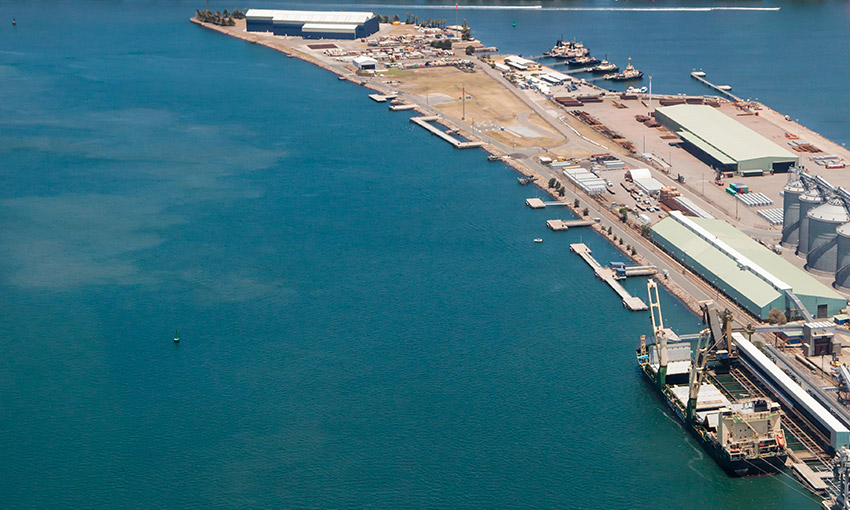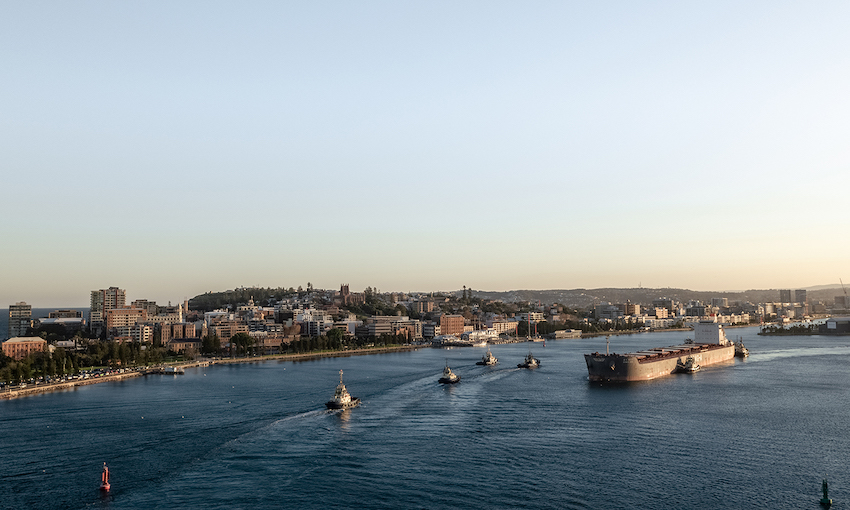THE port of Newcastle is set to benefit from funding guaranteed in the 2024-25 New South Wales budget.
Released yesterday (18 June) the state’s upcoming budget has pledged $128.5 million in funding for a number of regional areas, including state road upgrades and preliminary planning for a logistics precinct at the PoN.
PoN’s planned logistics precinct is intended as a storage hub for large and heavy components before being loaded for delivery to project construction sites.
The New South Wales Government says road upgrades will enable transportation of critical components required for the construction of new renewable infrastructure from Newcastle to the renewable energy zones via the existing road network.
Components such as wind turbine blades, batteries, and transformers will be transported along this upgraded network, with initial upgrades to prioritise the route from the PoN to the Central-West Orana Renewable Energy Zone near Dubbo.
NSW Minister for climate change and energy Penny Sharpe said on the funding, “To build solar and wind farms and our new transmission network we’ll need trucks to carry their components to sites. Upgrading the roads ensures deliver can happen quickly and safely”.
The state government expects to allocate the $128.5 million in funding over four years until 2027-28
NSW Minister for the Hunter, Yasmin Catley, said, “The Hunter is central to the transformation of our energy system and investments like these will ensure our region continues to prosper into the future”.
“Port to Project will upgrade our road network, making it safer for all drivers, and create a logistics hub at Newcastle Port”
“We are investing in significant infrastructure and programs to ensure the Hunter remains an energy powerhouse.”
Further funding was also allocated to various freight and logistics projects around the state.
Further inland in western NSW, the state pledged $332.2 million to transform Parkes into a national freight and logistics hub.
The state government also intends to improve movement of freight and increased reliability on the regional rail network with $66.2 million allocated to continue the Fixing Country Rail program, to allow for modern and longer trains to use the network and reduce costs for freight operators.





